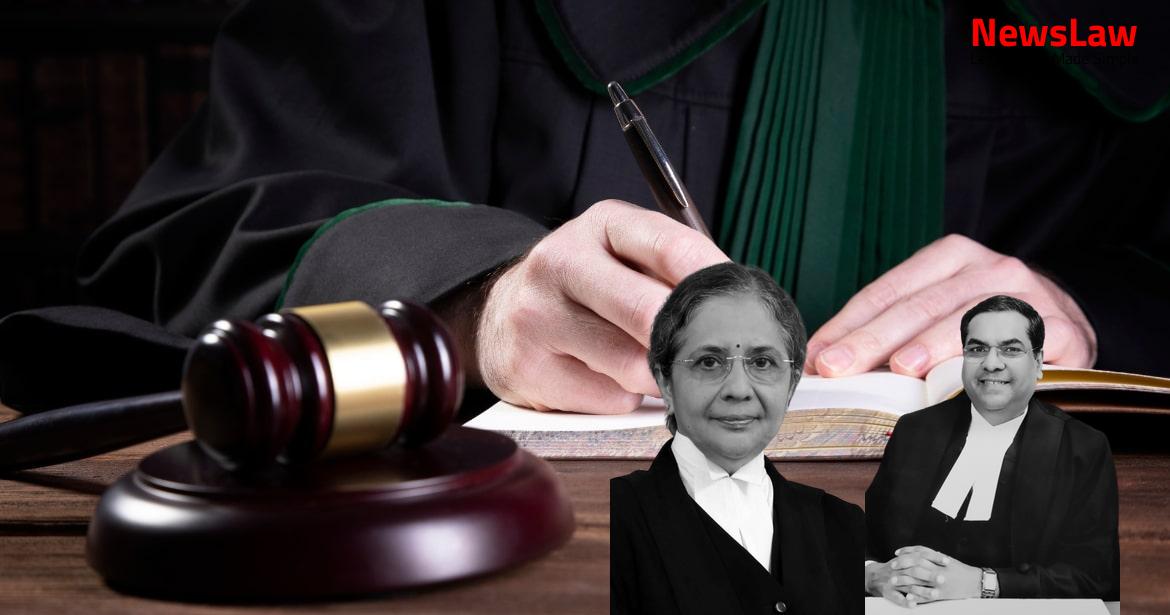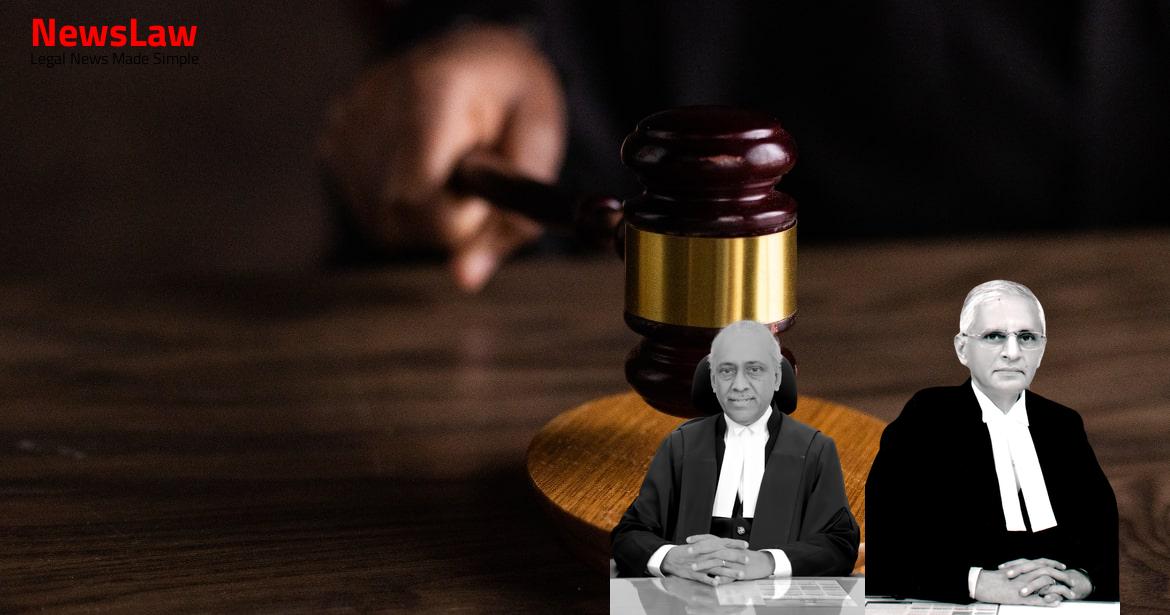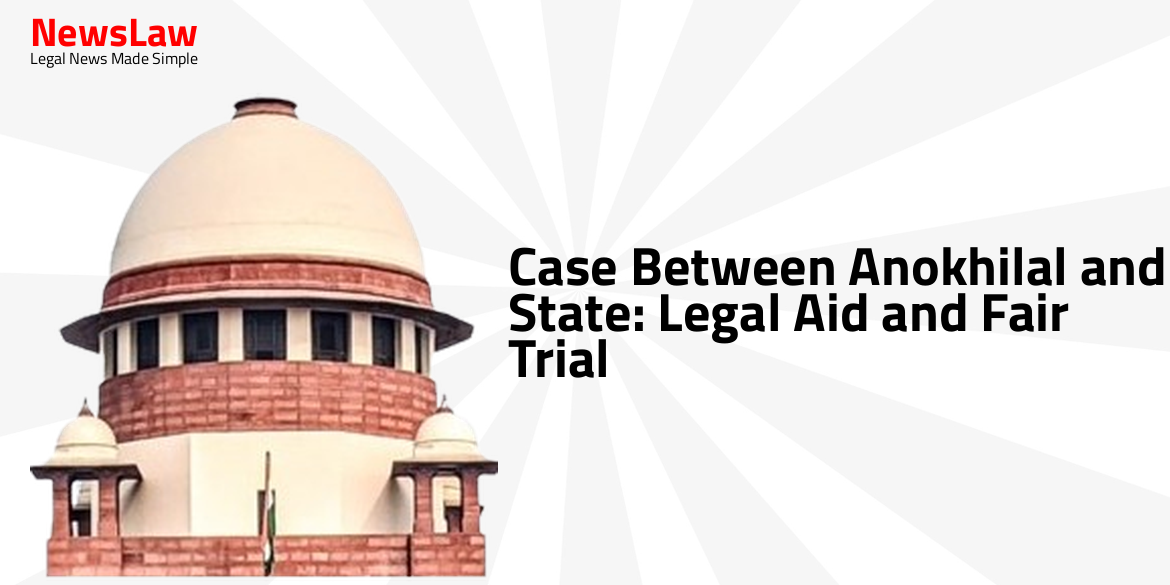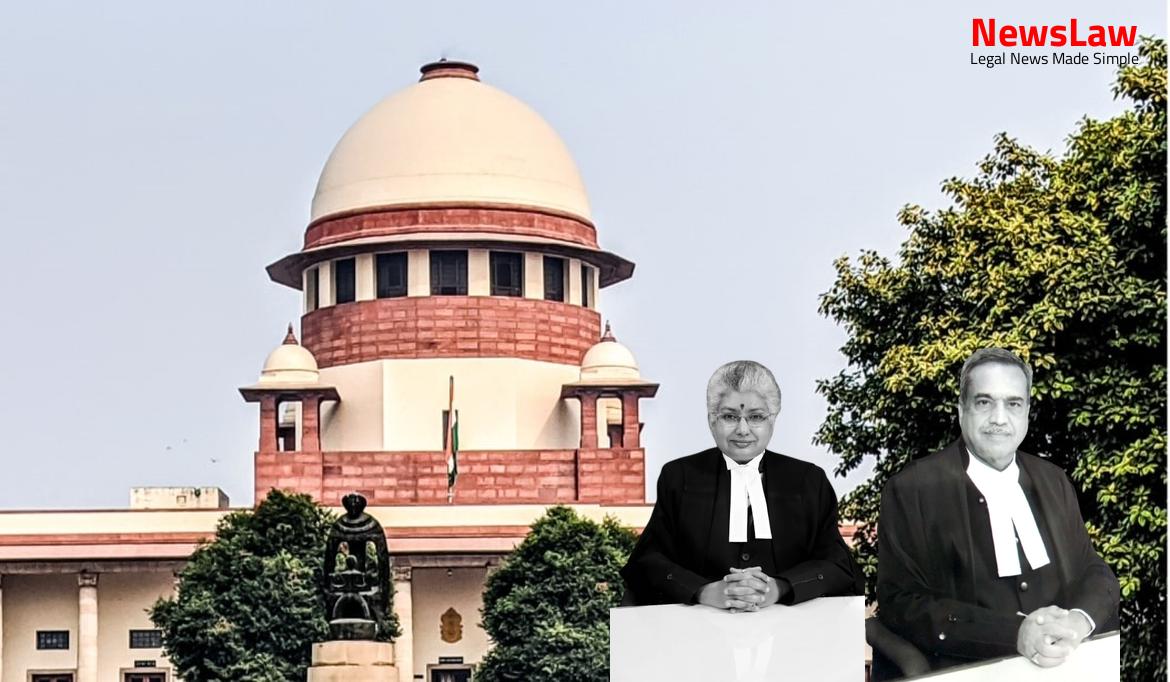In a recent legal case, the court’s analysis of dying declarations in criminal cases sheds light on the complexities of witness testimonies, inconsistencies, and the importance of corroborative evidence. The court’s emphasis on the reliability and veracity of dying declarations as substantive evidence for convictions highlights the nuanced nature of legal proceedings. Join us in exploring the intricacies of this analysis in the realm of criminal law.
Facts
- Rukhsana did not file any appeal before the court.
- One dying declaration marked as Exhibit Ka-3 recorded on 28.05.2011 at 6.20 P.M. by Satish Kumar Kushwaha, the Naib Tehsildar, who testified as PW-5.
- Khushboo shouted for help when being set on fire, and neighbors came to her rescue.
Also Read: Analysis of Bail Conditions in Criminal Appeal No. INSC 48/2024
Analysis
- The court emphasizes the importance of reliable dying declarations as substantive evidence for convictions.
- There are inconsistencies regarding the time and circumstances of the incident as reported by different witnesses.
- The lack of corroboration and inconsistencies in statements raise doubts about the veracity of the dying declaration.
- Key witnesses, such as the doctor who signed the dying declaration, were not produced in court.
- Contradictions in statements and gaps in evidence cast doubt on the involvement of the appellants.
- The prosecution’s case is challenged due to discrepancies in witness testimonies and lack of supporting evidence.
- The mother-in-law, Rukhsana, did not appeal her conviction and has already been released due to old age.
- Noori and Sultan Akhtar are entitled to the benefit of doubt and their conviction under Section 302 read with Section 34 of the IPC is set aside.
- Noori and Sultan Akhtar will be released immediately unless they are required to be detained in any other case.
Also Read: Conviction Upheld for Murder and Concealment of Body
Decision
- The impugned judgment(s) and conviction are set aside.
- The appeals are allowed.
- Pending application(s), if any, shall stand disposed of.
Also Read: 1991 Decree Invalid: No Determination of Rights in Property Dispute
Case Title: SULTAN Vs. THE STATE OF UTTAR PRADESH (2022 INSC 790)
Case Number: Crl.A. No.-001133-001133 / 2022



